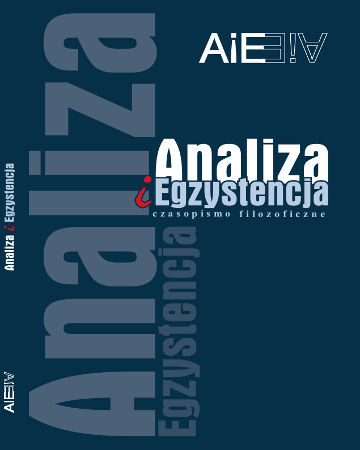Bertranda Russella koncepcja monizmu neutralnego
Bertrand Russell’s conception of neutral monism
Author(s): Jacek JarockiSubject(s): Philosophy, Philosophical Traditions, Metaphysics, Epistemology, Special Branches of Philosophy, Existentialism, Analytic Philosophy, Philosophy of Science, Hermeneutics
Published by: Wydawnictwo Naukowe Uniwersytetu Szczecińskiego
Keywords: Bertrand Russell; consciousness; metaphysics; mind-body problem; neutral monism
Summary/Abstract: The metaphysical view of Bertrand Russell, called neutral monism, is not widely known today, although its impact on the contemporary debate over mind-body problem is clearly visible. The aim of this paper is to answer the question: what was Russell’s neutral monism? Firstly, I present the views of Russell’s predecessors – Ernst Mach and William James. Then, I discuss Russell’s own thought which can be divided into three phases. The initial phase is the rejection of neutral monism (mainly because of Russell’s commitments to epistemology). The second phase – I call it the first neutral monism – appears in The Analysis of Mind, where he proposes a deflationary theory of the object and the subject. The last, third phase – called the second neutral monism, initiated in 1927 in The Analysis of Matter and An Outline of Philosophy – introduces the notions of intrinsic and extrinsic properties. Finally, I suggest that the agnostic metaphysics of Russell is too reductive for a dualist and too mysterious for a materialist. However, it might be also true that Russell’s view is more epistemological than metaphysical, and the frames of (misleading) Cartesian dictionary of mind/matter may be too narrow for neutral monism to be pertinently interpreted.
Journal: Analiza i Egzystencja: czasopismo filozoficzne
- Issue Year: 2016
- Issue No: 33
- Page Range: 69-88
- Page Count: 20
- Language: Polish

